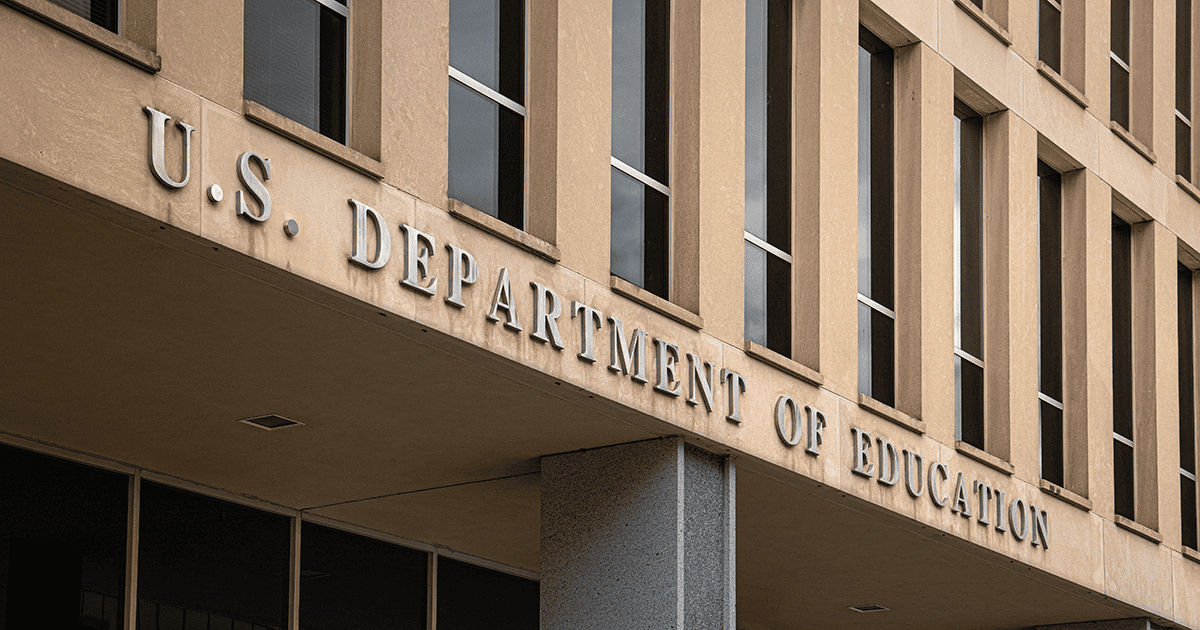Despite ongoing research on COVID-19, there is much to learn about its effects on the auditory system in individuals who are symptomatic and asymptomatic.
In a recent article, Mustafa (2020) examined the impact of COVID-19 on the auditory system in 20, 20- to 50-year-old adults, who were confirmed positive for COVID-19, asymptomatic, and had no history of hearing loss.
The experimental and a control group of 20 subjects completed an otological examination, basic audiological evaluation, immittance evaluation, and transient-evoked otoacoustic emissions (TEOAEs).
Pure-tone hearing threshold results suggested no significant differences between the experimental and control group at low- and mid-octave frequencies, but a significantly poorer thresholds were found for the experimental group in the high frequencies (4000, 6000 and 8000 Hz). Additionally, a significant group difference was detected for the TEOAE results, with amplitudes significantly worse in the experimental group.
Mustafa concludes by discussing how COVID-19 appears to harm the hair cells and the cochlea even in asymptomatic individuals. However, future results will need to replicate these results with an age-matched control group.
Unfortunately, the study also suffered from numerous design flaws that limit interpretation: lack of baseline testing; control group was not randomized and limited to normal hearing participants with thresholds < 15 dB HL; and no adjustment for age, sex, or other confounding variables in the statistical methods.
Further, the differences in thresholds were within test-retest reliability, and TEOAEs showed only a 1.3 dB SPL difference between groups. Future work incorporating stronger study design will be helpful in delineating the relationship between COVID-19 and audiological implications.
Reference
Mustafa MW. (2020) Audiological profile of asymptomatic Covid-19 PCR-positive cases. Amer J Otolaryngol. 41(3):1-3.
Recent Posts
CMS Sets Medically Unlikely Edit for Key Audiology Codes
The Centers for Medicare and Medicaid Services (CMS) has established a Medically Unlikely Edit (MUE) of two units per date of service for Current Procedural Terminology (CPT®) codes 92629, 92632,…
Allergies in U.S. Adults
Individuals who live in colder areas of the country may be eagerly awaiting the arrival of spring and its associated warmer weather. Others may be…
Securing Federal Loan Access for Audiology Students: Comments Close March 2
The Academy is pursuing a two-pronged strategy through Congress and the Department of Education to protect federal student loan access for AuD students. Both pathways…


